You are either shopping for a new heat pump or are thinking about that older heat pump already installed in your home. Either way, you are wondering if heat pumps lose efficiency with age. This post combines up-to-date research and industry professional knowledge to answer your question.
Yes, heat pumps lose efficiency with age. Whether you have a mini-split or ducted system, your heat pump uses parts and materials that corrode, gather grime, and age with time. Furthermore, newer heat pumps use upgraded technology so start at a more efficient base level.
Keep reading the rest of this post for details on how and why heat pumps lose efficiency with age. We also include information about extending heat pump life and the cost of heat pump service. To conclude, we provide a list of additional reading and answers to some related questions.
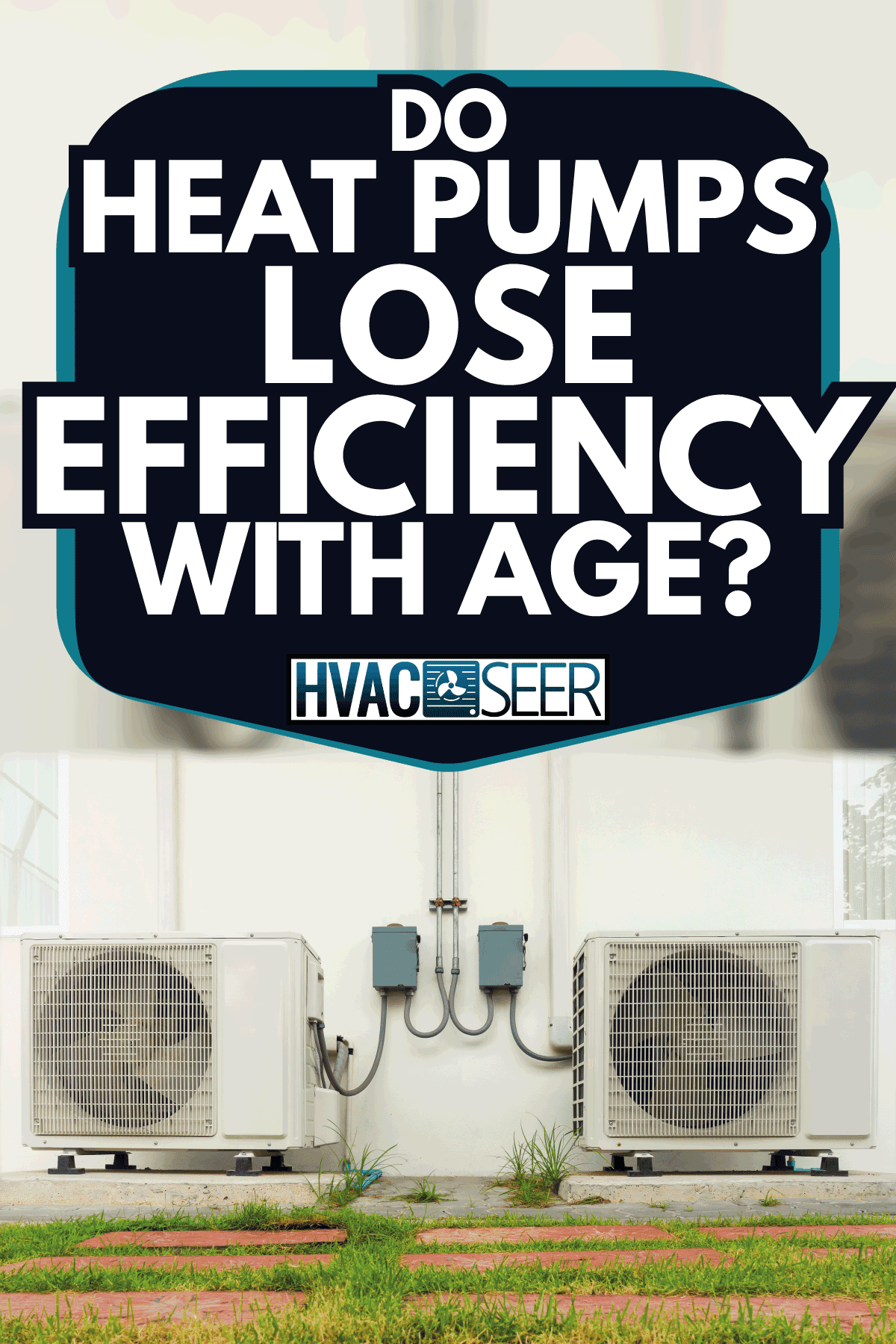
What affects heat pump efficiency?
Several different factors influence heat pump efficiency. These include age, care, and technology.
Age
Several issues arise as heat pumps age. Initially, even a well-filtered heat pump will allow some dust and dirt to enter the inner workings. These materials combine with water in the air to create a layer of gunk in very hard-to-clean places. This gunk then inhibits the easy flow of air through your system.
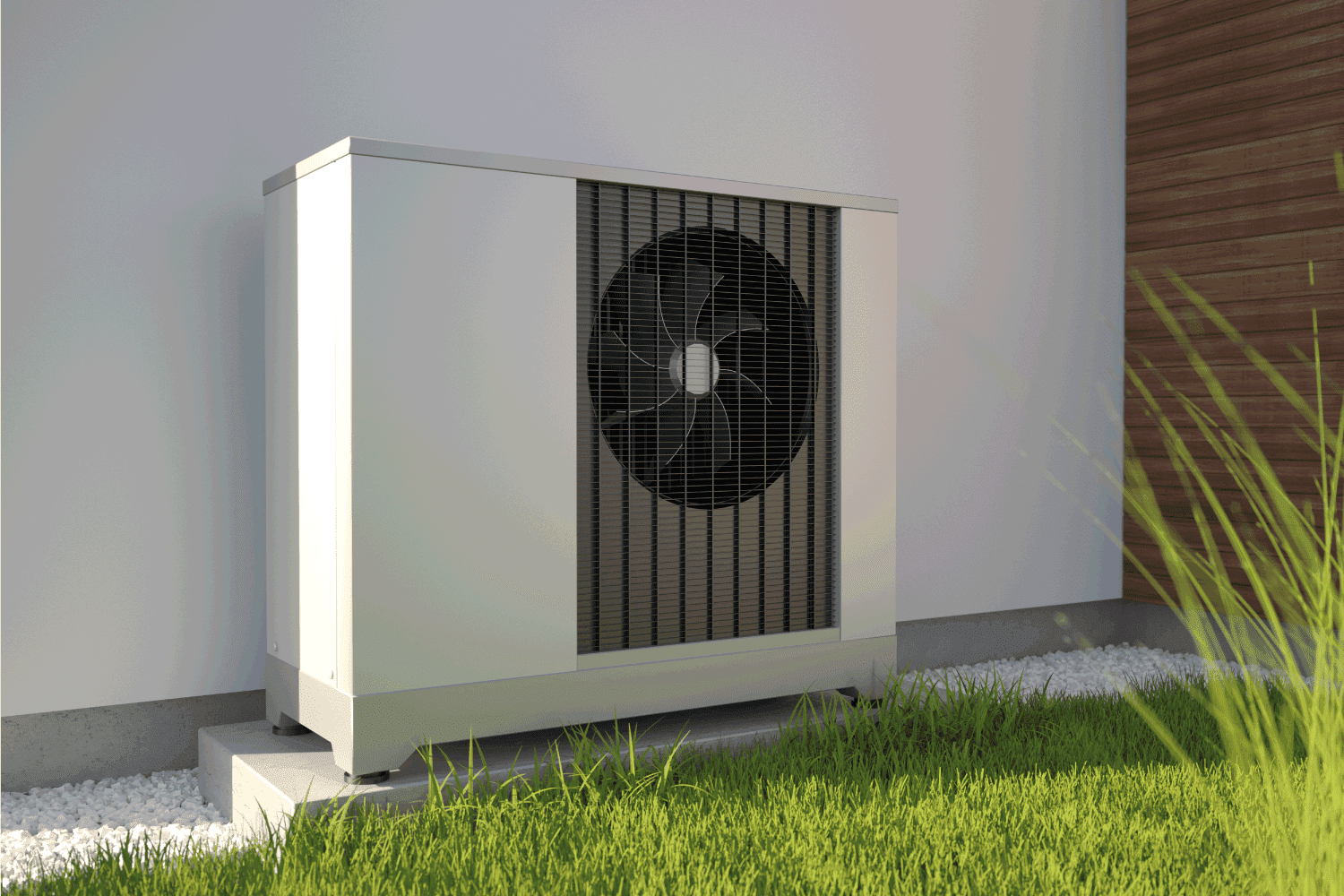
Also, the exterior unit of your heat pump is susceptible to the ever-changing climate. This means that even well-finished parts begin to rust, corrode, and fail over time. This corrosion increases the internal friction in the system and decreases efficiency.
Finally, heat pumps rely on electrical wiring and circuitry. These features are sensitive to corrosion from water in the air and eventually work less efficiently and even fail. As these parts lose efficiency, they often require additional electricity to function.
These age-related issues are relatively inevitable and happen to your heat pump no matter how careful you are in performing regular preventative care and maintenance.
Care
That being said, the more care and maintenance you give your heat pump, the longer it will retain a high efficiency. Simple things like regularly changing or cleaning the filter are critical to keeping the gunk out of the inner systems.
Click here for a replacement Mitsubishi heat pump filter from Amazon.
Further, if you provide your outdoor unit with a roof to keep rain, snow, and sun off the system - those parts will last longer. In addition, if you keep your home cleaner, it means that less dust and dirt will make their way into the heat pump.
Also, it is essential to get your heat pump serviced at least semi-annually. The cost of a service technician will pay off in increased unit longevity. These experts can determine if your heat pump functions properly and can replace or clean faulty parts before they fail.
How can I make my heat pump last longer?
Generally, taking the steps listed in the above sub-section will maximize the life of your heat pump. However, you can also make sure that your heat pump is appropriately sized for the room or rooms you are trying to service with the appliance.
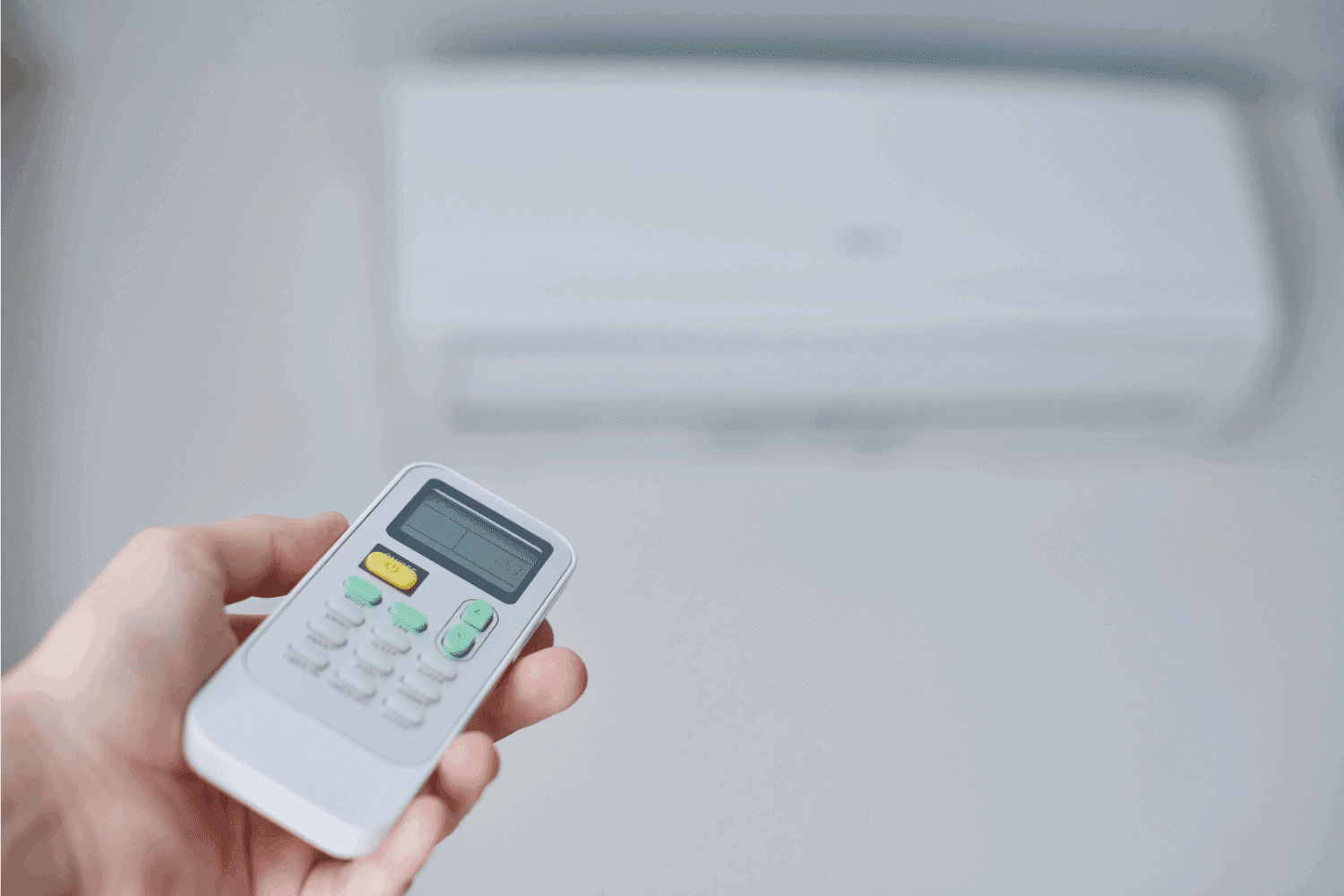
If a heat pump is undersized for an area, it will run longer to keep the room to temperature. This extra work will lead to a shorter life span. Therefore, while a larger heat pump may cost more up-front, the decreased maintenance cost, longer life span, and increased home comfort are usually worth the price.
In line with this, if you set your heat pump lower in the winter and higher in the summer, it will have to work less hard to bring the room to temperature. While this choice is often less comfortable, the lower workload will help your heat pump last longer.
Technology
According to Energy.gov, newer heat pumps include a bevy of new technology such as two-speed compressors, variable-speed motors, scroll compressors, and more.
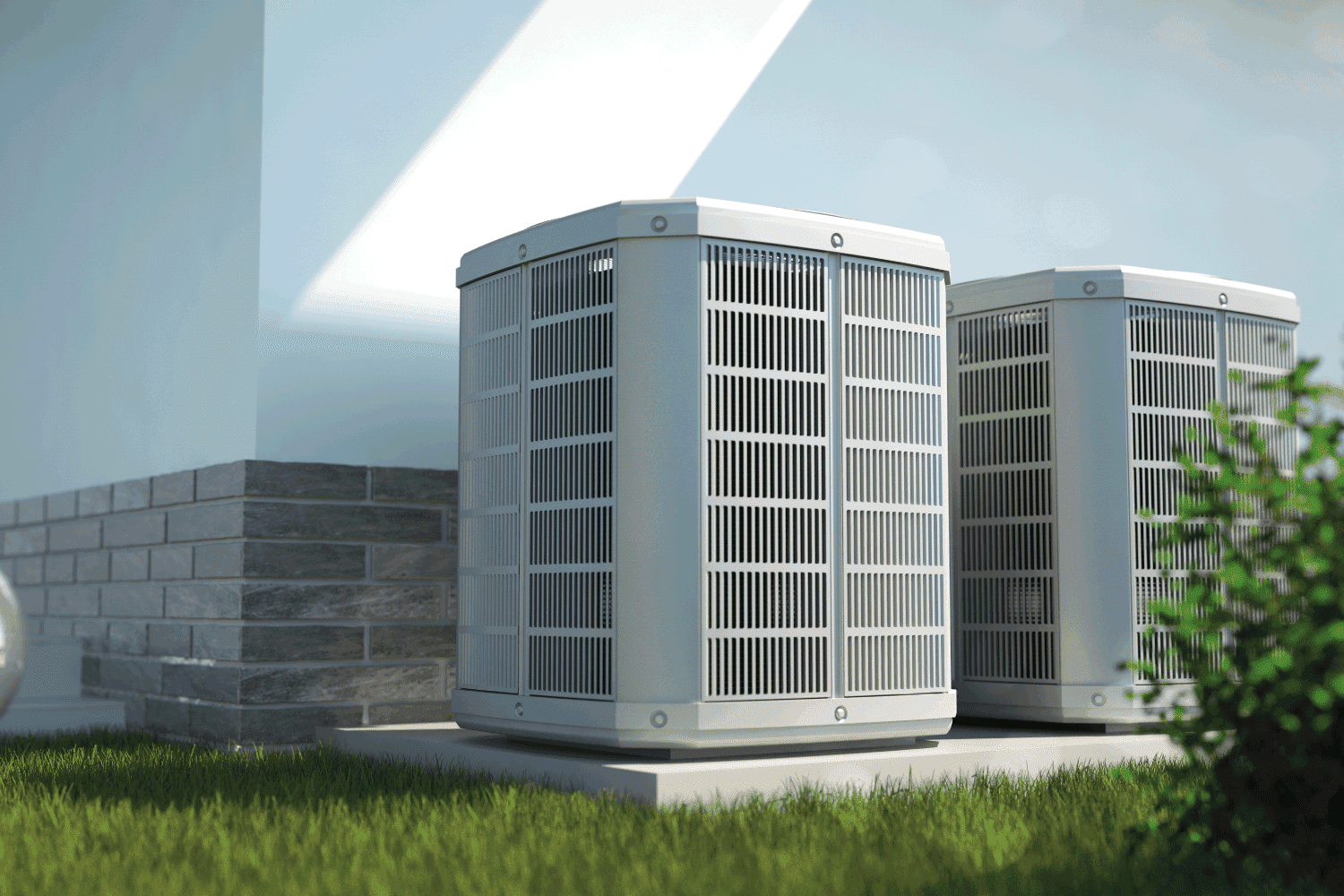
These advances in technology are designed to allow your heat pump to output more of the desired temperature at a lower electricity cost. Therefore, the newer your heat pump is, the higher the efficiency is likely to be.
That being said, different heat pumps use different technology and parts. This means that more efficient systems are more expensive to buy. Ask your salesmen about heating and cooling efficiency ratings to ensure that you purchase a system that fits your budget and efficiency needs.
How many years does a heat pump usually last?
A heat pump can be expected to last 10 to 20 years. However, Energystar.gov recommends that you consider replacing your old heat pump after only 10 years. This recommendation considers the significant improvements that heat pumps technology has undergone in the last ten years.
It is possible to use heat pumps longer than the average lifespan listed here. However, you will often notice that older heat pumps begin costing more to operate and are less effective at conditioning an entire home.
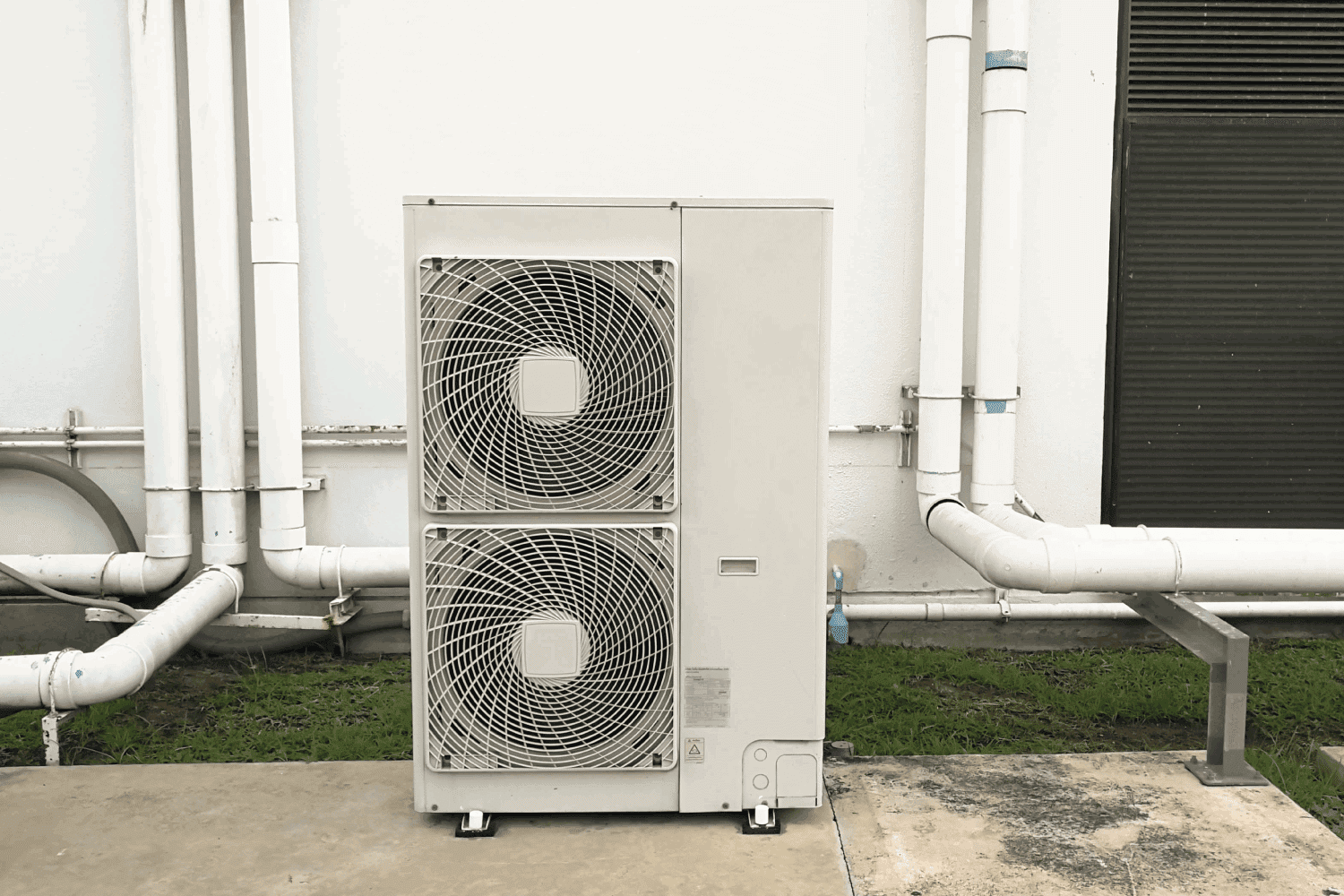
At a certain point, the decreased efficiency costs more over time than the upgrade cost of buying a new heat pump. However, different types of heat pumps have different life spans. Speak to your HVAC technician or the manufacture of your heat pump to get a more accurate sense of your heat pump's life span.
How much does a heat pump service cost?
Heat pump service cost varies considerably based on the local price of labor and cost of living and based on the type of heat pump you have. That being said, you can expect to pay between $70 and $150 for a clean-and-tune service.
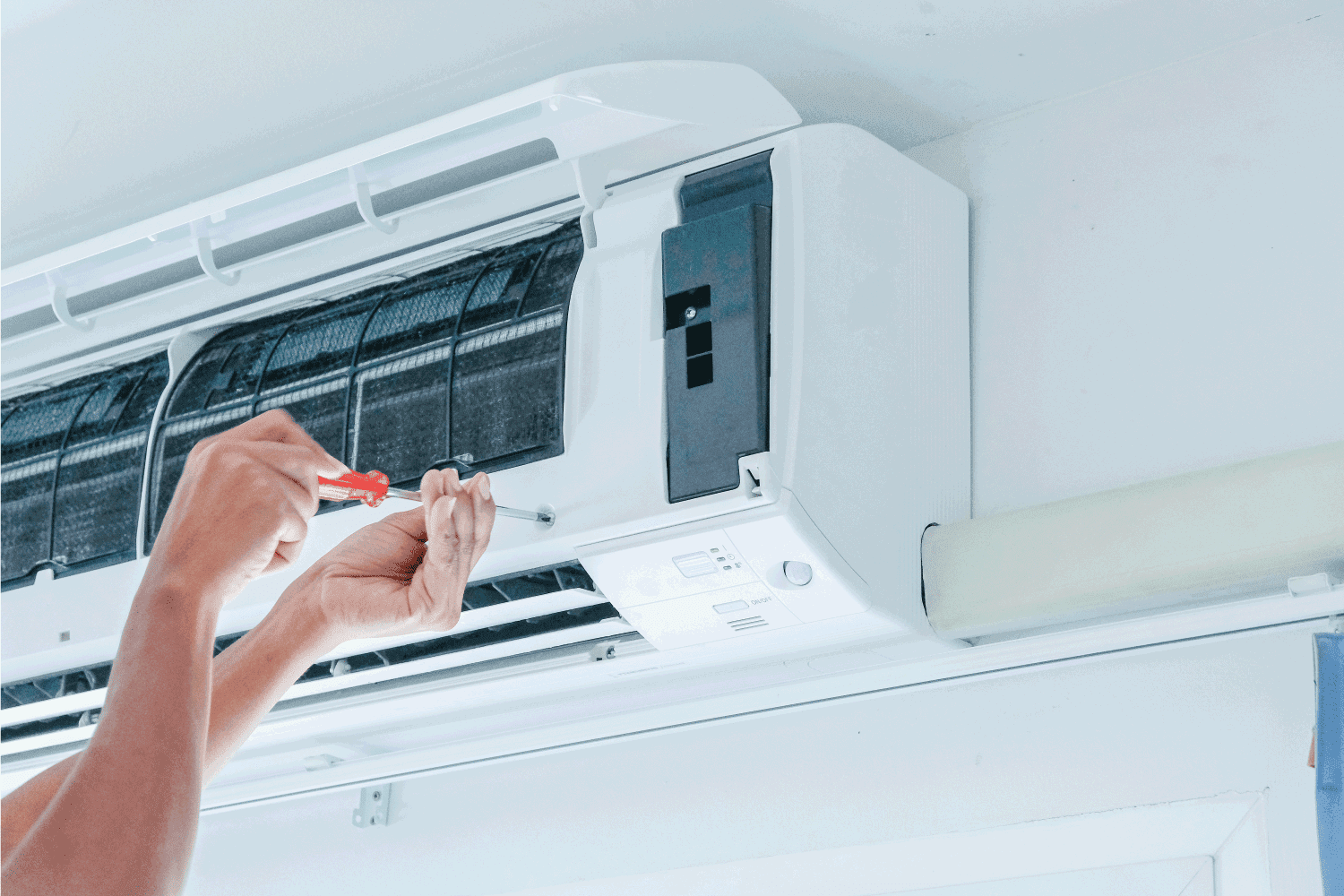
Like smaller mini-split systems, some heat pumps are very easy to access and fully assess, so they are cheaper to service. On the other hand, ducted heat pumps or multi-head heat pump systems have more parts and cover a greater area - so they may be more costly to service.
Take note, HVAC companies will lower the cost of the clean and tune service if they identify a major issue needing fixing. However, that additional fix always costs more than the simple service charge. The additional cost varies based on the hours needed and the price of parts.
What is the average cost to replace a heat pump?
The average cost of replacing a heat pump varies greatly on the type of heat pump you are replacing. For instance, a simple and small mini-split system may be replaceable for as low as $5,000. On the other hand, an extensive ducted system almost always runs closer to $12,000.
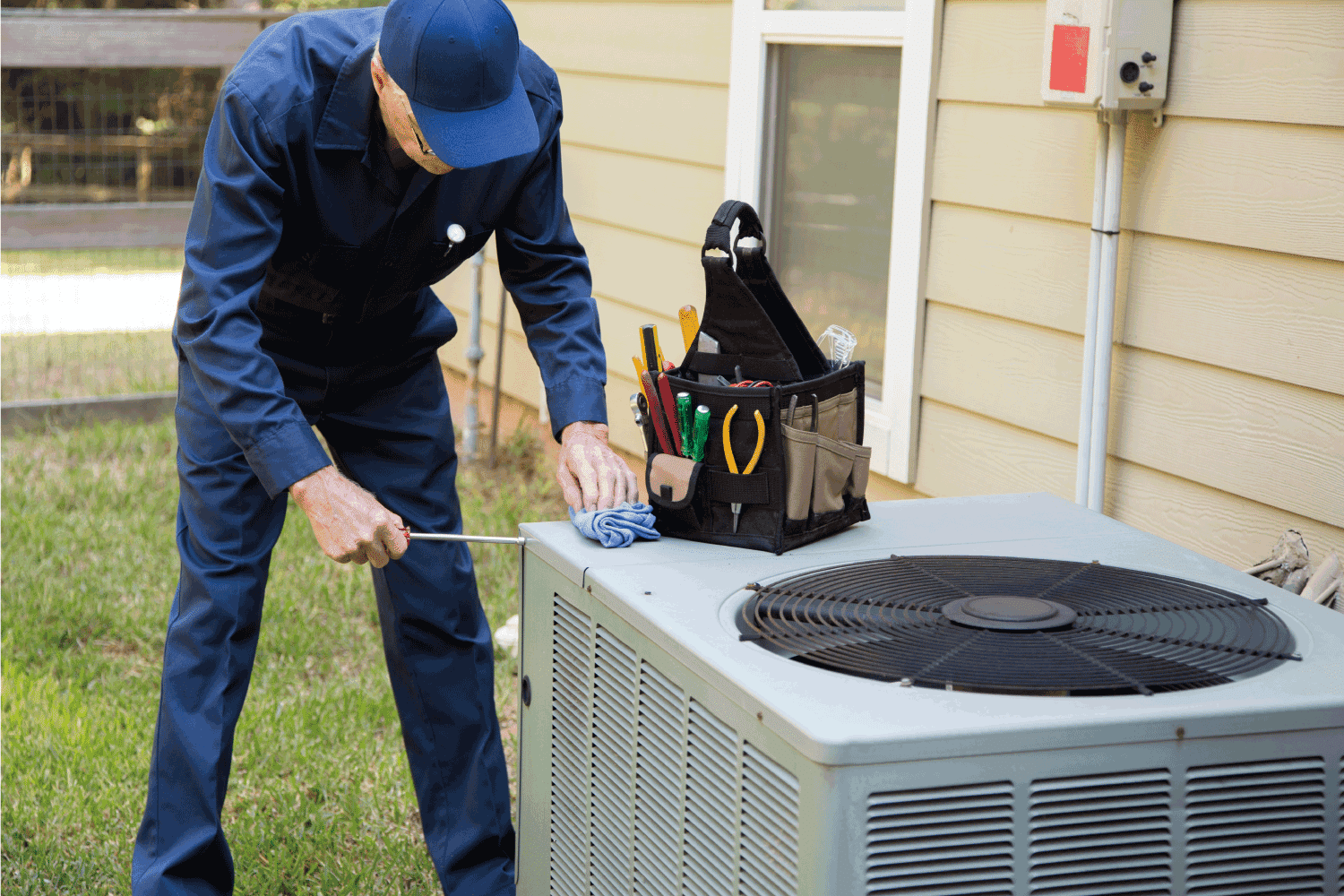
To get an idea of what is a reasonable price to replace your system, call around to multiple different HVAC companies in your area. After a few calls, you will start to get a good idea of the reasonable price.
What type of heat pump is most efficient?
Heat pump efficiency is measured both for cooling capabilities and heating capabilities. Cooling is measured by the SEER. A good SEER is 18 to 27.5. Heating is measured by HSPF. A good HSPF is 8.5 to 12.5.
Geothermal heat pumps, which use the natural underground temperature, are reported to be the most efficient. However, the high cost of installing these systems makes them prohibitive for all save large complexes and dedicated homeowners.
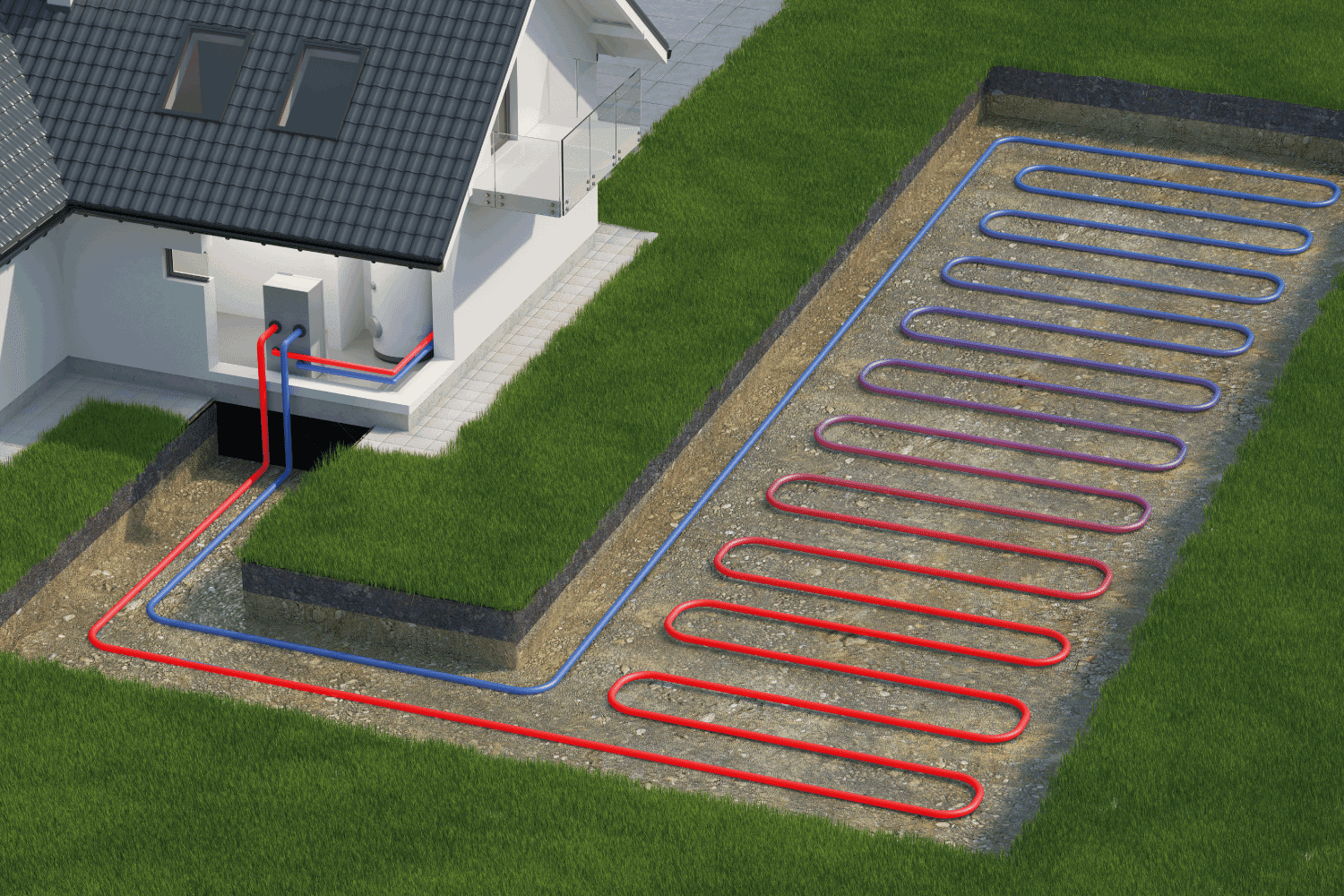
Instead, new heat pumps with modern recent technological advancements are the most efficient. Mini-split systems are the most efficient heat pump commonly installed in residential homes.
Additional Reading
To learn more about heat pumps, read these great articles from HVAC Seer:
- Can A Heat Pump Replace A Furnace? [And How To]
- Should You Clean Snow Off Your Heat Pump?
- 3 Types Of Heat Pumps
In Closing
In this post, we answered whether or not a heat pump loses efficiency with age. We also covered many other issues of importance when it comes to heat pump efficiency. To conclude, we answered some related questions and provided a recommended reading list. Good luck!

